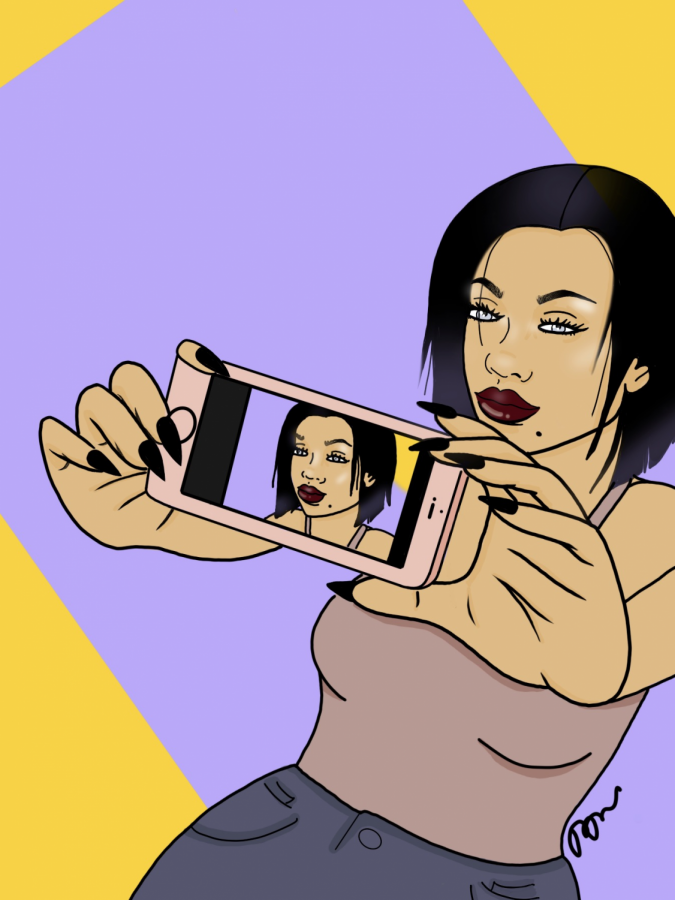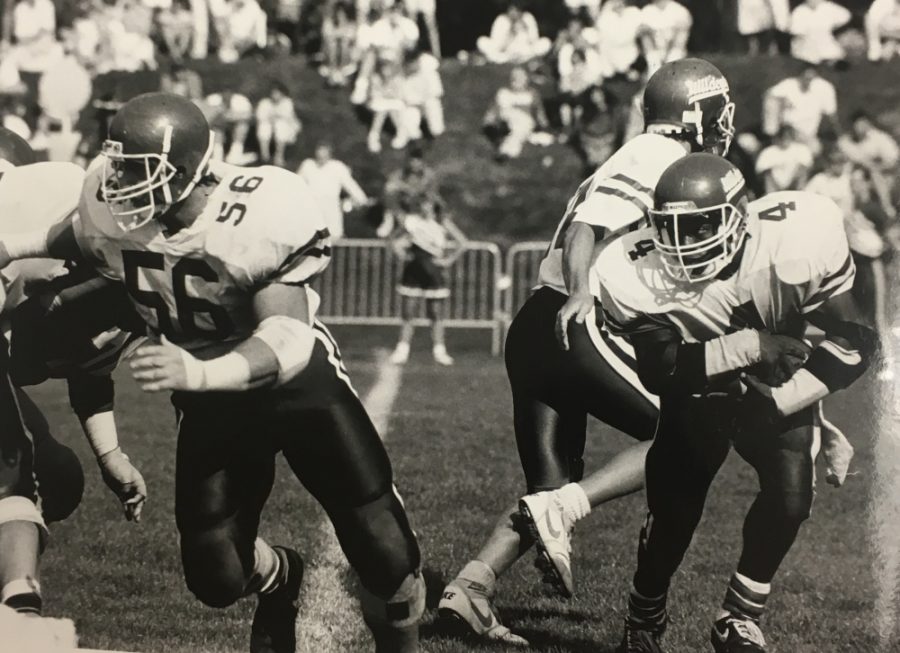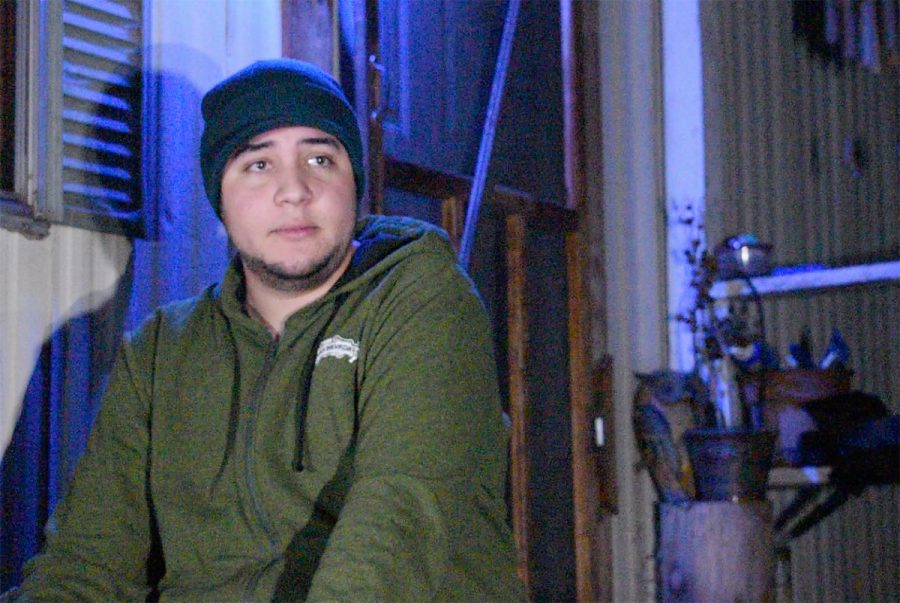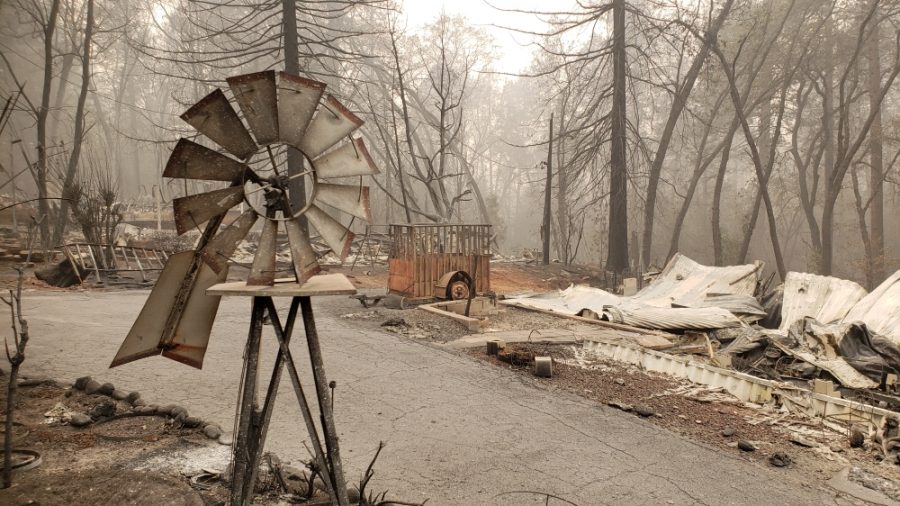For a lot of us, social media is part of our everyday lives. Whether we are waking up to direct messages, snaps or if we use Twitter or Facebook as a way to get our news. Social media is prevalent in everyday activities, despite studies showing that excessive social media use can lead to social isolation, depression and is addictive.
Even though social media does connect us with the global community and definitely has numerous positive aspects to it. At the end of the day, I believe that social media can cause more harm than it can help us connect with the rest of the world.
Aside from all the mental health problems that can arise from excessive social media, using the enormous amount of information we have at our fingertips is not healthy, nor is how fast news travels and circulates on every platform.
In journalism we tend to focus on “newsworthy” material, which can translate to news companies trying to get stories to the public as soon as possible. This is because once something newsworthy happens, it will immediately flood into our feeds. As consumers, we are bombarded with information and will quickly grow tired of reading about the same incident over and over again.
Reporting on everything as soon as it happens isn’t OK, getting that information straight to the public can result in misinforming the reader. We are not so focused on the quality of journalism as we are fixated on who can report the news faster.
We have seen the power these applications hold from our own president who constantly tweets about what his administration is focusing on and the values they hold. One major tweet was directed at North Korea’s leader, Kim Jong Un, where President Trump boasted about America’s nuclear power. This tweet rapidly received over 400,000 retweets.
This is just one of the many examples that prove the dangers of having all this information so easily accessible through social media. As a journalist, I must admit that social media has the power to change the world or at least be a tool leading in revolutions and it’s important that it’s accessible. But as a society, it’s important to stay cautious and aware of our excessive usage and, at times, dependency on these platforms.
They have the power to morph our realities and with the immediate access to the endless amount of information, this can also misinform us. We tend to believe a lot of what we see on the internet and we must remember how easy it is for people to put out information on social media and call it legitimate.
Monitoring our social media usage is important today, we do not necessarily need this immediate access to information all the time nor is it good for our mental health.
So instead of waking up to check your feed and the first image of an Instagram model flaunting all the free gifts they have received, as a form of self-care set your phone aside and maybe start your day with a quick meditation, I promise your endless feed will still be there after your morning routine.
Nicte Hernandez can be reached at [email protected] or @nicteh7 on Twitter.













